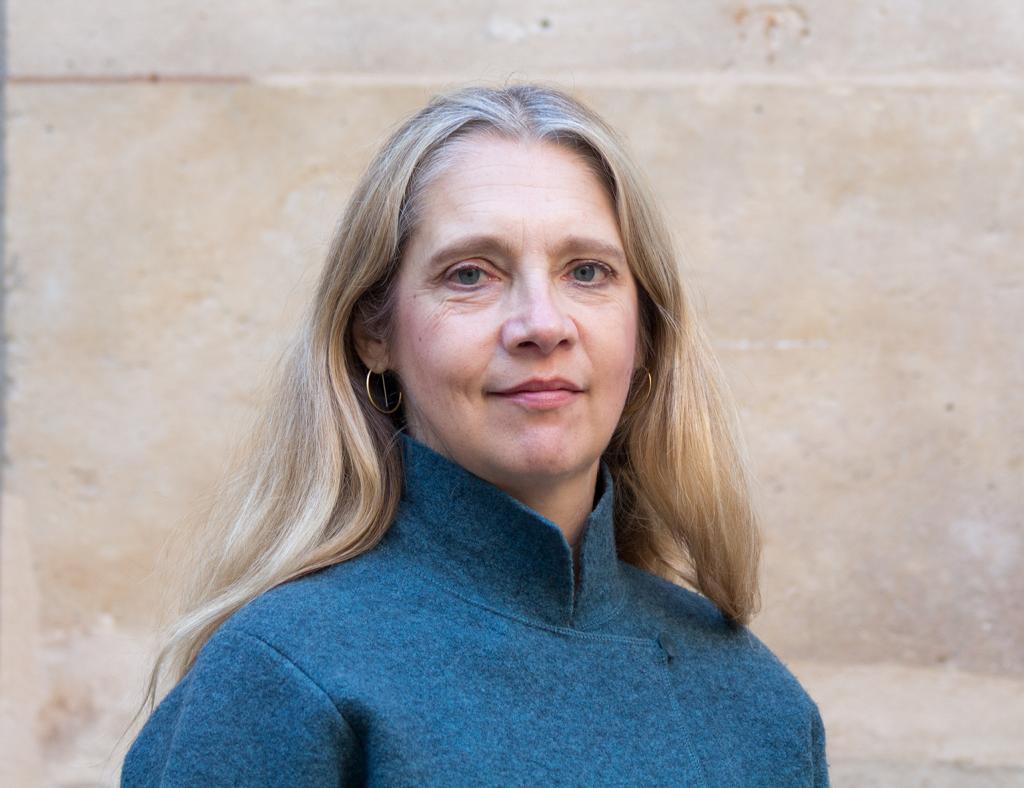Keynote Session 1
September 20 (Sat) - Day 1 of the Conference 2:30 PM - 3:30 PM (60 minutes)
Venue: D , Honda Memorial International Conference Hall (6th floor)
Keynote Session 1: Keynote Speech

Distinguished Guest speaker
Prof. Heather A. Haveman
(Professor of Sociology and Business, The University of California, Berkeley, USA)
(Professor, Entrepreneurship, Organization, and Strategy, Aoyama Business School, Japan)
Message from Prof. Haveman’s web
I study how organizations, the fields in which they are embedded, and the careers of their members and employees evolve. I investigate questions that relate to organizational stability and change: How do new kinds of organizations emerge and how do new industries develop? How strong are the forces that impel or inhibit change in existing organizations' structures, strategies, and actions?
What are the consequences of organizational change for organizations themselves and for their employees? How does industry evolution affect social structures? My current work involves American tech firms, U.S. collegiate women's sports, state-legal cannabis retailers in several U.S. states, and Chinese listed firms. My published work has used a mixture of quantitative and qualitative methods. I am currently harnessing natural-language-processing methods to review academic literatures and trace the rise and fall of different theories, and to map corporate cultures and workplace practices.
Prof. Haveman received her BA in history and her MBA from the University of Toronto, and her PhD in Organizational Behavior and Industrial Relations from Cal’s Haas School of Management. She has been on the faculty at Duke, Cornell, and Columbia. She returned to Cal in 2006. She studies how organizations, industries, and employees
’ careers evolve, and the impact of organizations on their employees and society. Her work combines insights from sociology and management studies, as well as computational linguistics, economic geography, law, and social history.
Research Interests:
Organizational theory, economic sociology, historical sociology, entrepreneurship, organizational demography, gender, careers and social mobility.
